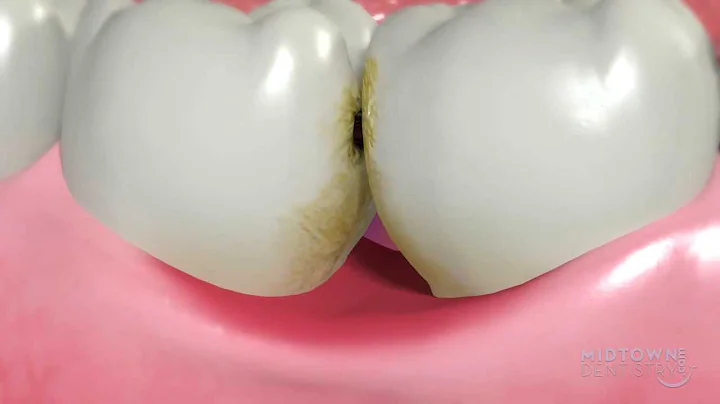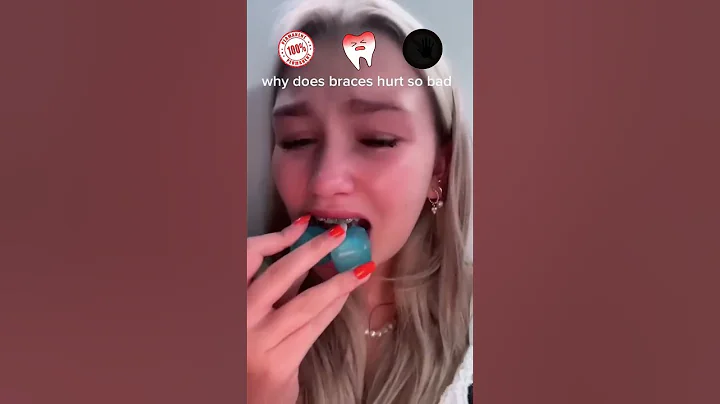
Teeth cleaning is good for dental health
But some people are worried
Teeth cleaning will make the gaps between teeth larger and make the teeth more sensitive
Are these statements true?
Come and learn some oral health knowledge
↓↓↓
Do you still need to wash your teeth if you brush your teeth every day?
The professional term for teeth cleaning is periodontal scaling
The purpose is to remove tartar, plaque and pigment on
teeth
It can prevent and treat periodontal disease
It is oral health care that everyone should perform regularly
See here
I wonder if you want to ask
if you brush your teeth every day, do you still have dirty things to wash?
Experts introduce
Dental plaque will continue to form
and be distributed in every corner of the tooth surface and intraoral restorations
Brushing your teeth carefully cannot remove all the dental plaque
The dental plaque that has not been removed
will fade over time The movement of calcification to form tartar

Tooth cleaning uses professional dental techniques
and various instruments
to remove plaque and tartar attached to the tooth surface
Periodontal disease can be controlled
Don’t be afraid! Teeth cleaning will not cause the gaps between teeth to become larger.
Experts say
Some people are worried that the gaps between teeth will become larger after teeth cleaning. In fact, these people often suffer from periodontitis. The accumulation of tartar
is not easy to detect
When the tartar is removed by scaling, the gaps between the teeth are exposed
It is not that the gaps between the teeth become larger after teeth cleaning
It is a sign of periodontal disease

In addition, the gums are red and swollen
It is also an important clinical manifestation of periodontal disease
When the tartar is removed, the gum swelling
will also feel that the gap between the teeth has become larger
For people with healthy gums
After teeth cleaning, the gap between adjacent teeth
It is filled by the gum papilla
If you already have periodontal disease before cleaning your teeth
After cleaning your teeth, you may feel that your teeth are loose
This is not because the teeth have become loose due to "washing"
but because the teeth are already there. Looseness appears
Before teeth cleaning, large pieces of calculus accumulate around the teeth
It is like a "splint" to cover the teeth
But the patient may not know it
In addition, some people report that
the teeth become loose after teeth cleaning. More sensitive
What's going on?
After the tartar is removed, the teeth will be sensitive for a period of time
This sensitivity is transient
It can be improved over time
It should be noted that
The more severe the periodontitis, the more serious the sensitivity will be
Pay attention to oral health. Be careful!
The frequency of tooth cleaning varies from person to person.
Normal population: 1 to 2 times per year.
High-risk groups for periodontal disease: 2 to 4 times per year.
Coagulation disorders. People with cardiovascular and cerebrovascular diseases. Patients with cardiovascular and cerebrovascular diseases.
The overall condition should be taken as priority.
Reprinted from :CCTV-1 "Life Circle"
Source: CCTV set of





















